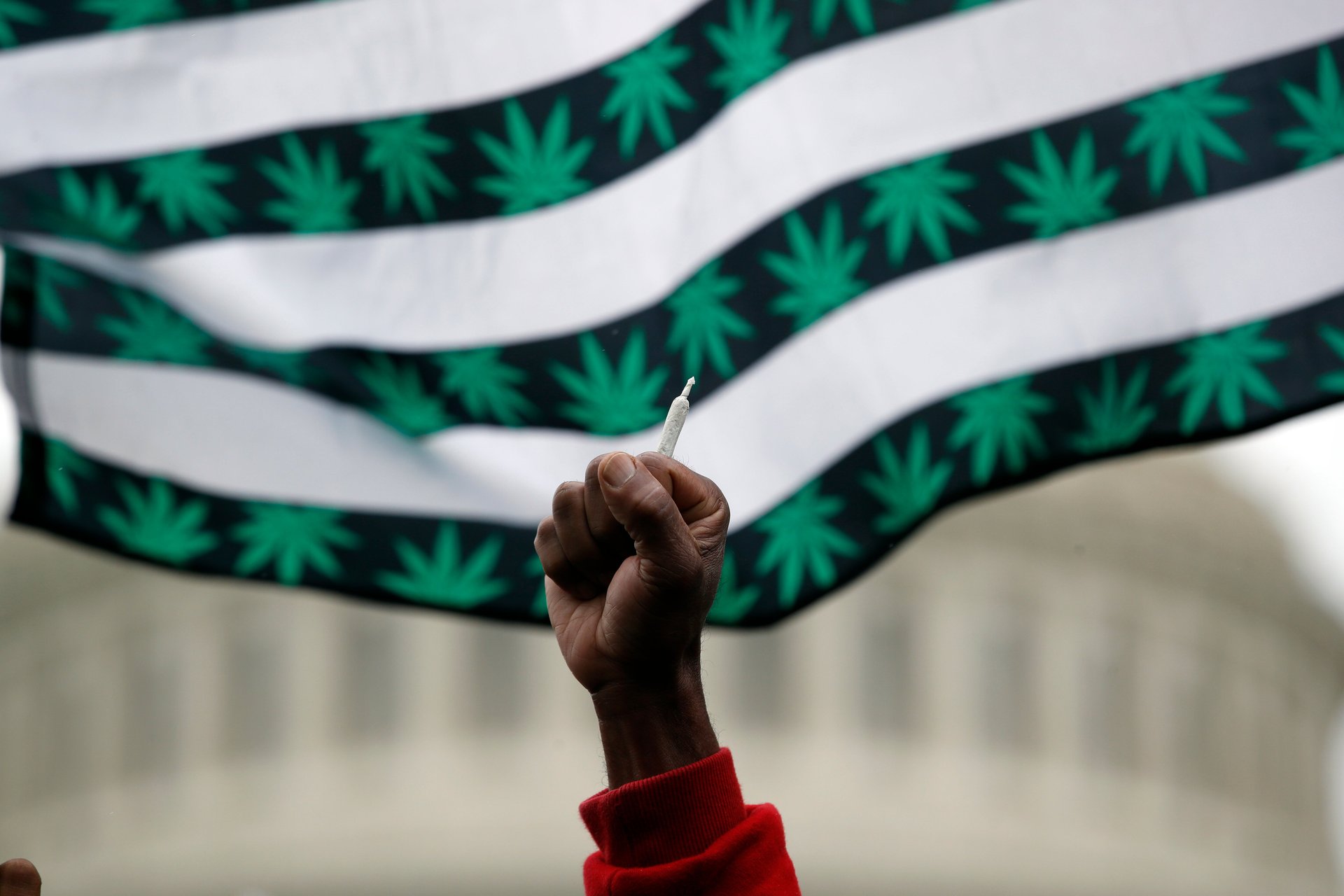Lawmakers may block New York’s cannabis legalization if it doesn’t address racial inequity
The strongest negotiator at the table is the often the one most willing to walk away. Black lawmakers in New York say they are willing to do just that when it comes to cannabis legalization, if racial equity is not explicitly written into the relevant sections of state governor Andrew Cuomo’s proposed budget when it comes before the legislature for approval by April 1.


The strongest negotiator at the table is the often the one most willing to walk away. Black lawmakers in New York say they are willing to do just that when it comes to cannabis legalization, if racial equity is not explicitly written into the relevant sections of state governor Andrew Cuomo’s proposed budget when it comes before the legislature for approval by April 1.
“Not arresting people is not good enough,” Donovan Richards, a Democratic city councilman from Queens, New York, told the New York Times on Monday (March 11). “Economic justice must be served.”
Recreational cannabis is already legal in 10 states and Washington, DC, and continues to spread across the US. Also unfolding state by state is the conversation about racial injustice as it relates to marijuana, a plant historically used as a tool of racial discrimination in the country. The federal government officials who helped craft the enforcement tactics of the “war on drugs” in the 1960s have admitted the policy was specifically designed to undermine black communities. And punishment for drug-related crimes is still widely meted out in disproportionate measures along ethnic lines. In 2017, the drug-related arrest rate for blacks was still more than double that of whites, and a study by the National Registry of Exonerations found that blacks were five times as likely as whites to go to prison for drug possession. In 2018, blacks and Latinos accounted for nearly 90% of arrests for smoking cannabis in New York City.
“The fact is we have had two criminal justice systems: one for the wealthy and the well off, and one for everyone else,” Cuomo said in December, when he introduced his intentions to legalize recreational cannabis, adding that the system had “for too long targeted the African-American and minority communities.”
But lawmakers who represent those communities say Cuomo’s proposed budget doesn’t go far enough in addressing how racial inequities will be repaired.
Crystal Peoples-Stokes, the New York state assembly’s democratic majority leader, has pointed out that other states’ recreational cannabis laws have failed to ensure that communities historically targeted by discriminatory drug-use-enforcement practices benefit economically from legalization.
“I haven’t seen anyone do it correctly,” said Peoples-Stokes, according to the New York Times. “They thought we were going to trust that at the end of the day, these communities would be invested in.” In California, for example, social-equity programs have been enacted in a handful of cities and counties, but many lament that these programs are overwhelmed and underfunded, costing program applicants the so-called “first mover” advantage. “If it’s not required in the statute, then it won’t happen,” said Peoples-Stokes.
No statistical agencies comprehensively track the racial backgrounds of cannabis business owners, but in 2017 Marijuana Business Daily surveyed 389 cannabis business and estimated that only around 4% had a black person with an ownership—though not necessarily controlling—stake.
According to the Times, Peoples-Stokes has introduced a bill that would prioritize licenses for “people from communities most affected by criminalization” and require half of all marijuana revenue in New York to be redirected to a community fund supporting job training.
The debate triggered by these competing views on how to roll out marijuana legalization may forestall legalization in any form; Cuomo said at a press conference that he was “no longer confident” that cannabis would be included in the state budget due on April 1.
It’s still possible that lawmakers could approve cannabis legalization through measures other than the budget before they adjourn in June, though according to the AP, that’s likely to be a more “politically challenging” path. But to some lawmakers, getting the details right is worth the delay.